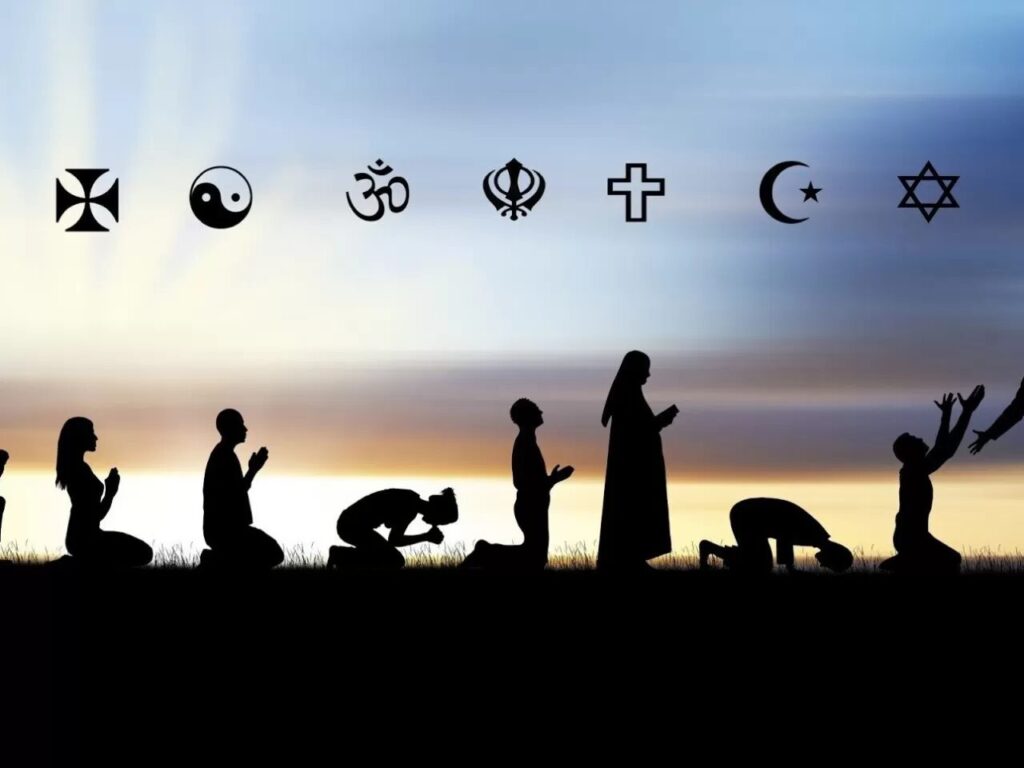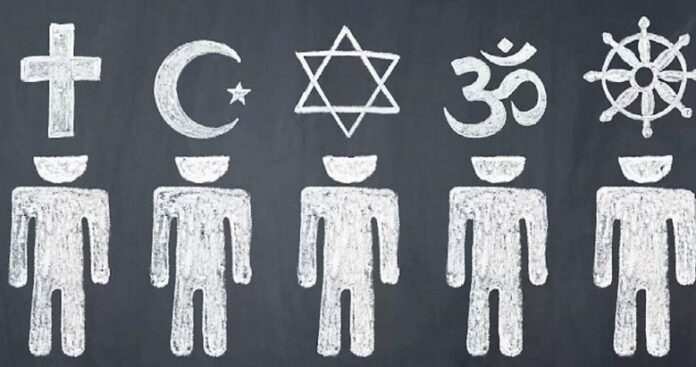Religion has been a cornerstone of human civilization for millennia, offering a framework of beliefs, moral guidelines, and communal practices. However, a common perception persists: that religions are restrictive, imposing numerous rules and constraints on their followers. But is this perception accurate, or are we missing a broader perspective on the role of religious guidelines in our lives?

Understanding Religious Guidelines
Religions indeed come with a set of rules and practices, ranging from dietary restrictions and dress codes to moral imperatives and worship rituals. These can sometimes feel restrictive, especially in a modern, secular world that values personal freedom and autonomy. However, to view these guidelines purely as limitations is to overlook their deeper purpose.

The Purpose of Religious Guidelines: A Broader Perspective
Much like the educational system, religious guidelines can be seen as a form of structured learning aimed at personal and communal development. When we attend school, we are required to study a variety of subjects, many of which may not seem directly related to our future careers. For instance, an aspiring civil engineer must still study history or literature, subjects that might not directly contribute to their engineering skills. However, the broader aim of education is to develop well-rounded individuals who possess critical thinking skills, a broad knowledge base, and the ability to learn and adapt.
Similarly, religious guidelines can be understood as a comprehensive framework designed to foster spiritual growth, moral integrity, and social harmony. They provide a structured path to understanding larger existential questions, building character, and creating a cohesive community.

Learning to Learn: The Core of Education and Religion
The ultimate goal of education is not merely the accumulation of facts but the development of the ability to learn, adapt, and think critically. This concept of “learning to learn” is equally applicable to religion. Religious practices and rituals, though sometimes seen as repetitive or restrictive, often serve to instill discipline, reflection, and a sense of purpose.
For example, the practice of daily prayer in many religions is not just about reciting words but about creating a routine of mindfulness and reflection, fostering a connection with the divine, and reinforcing ethical behavior. Dietary laws, while seemingly restrictive, can promote discipline, mindfulness about consumption, and a sense of community through shared practices.

The Role of Rules: Protection and Guidance
Religious guidelines often function as protective measures. Just as traffic laws are designed to protect drivers and pedestrians, religious rules aim to safeguard individuals and communities. For instance, prohibitions against theft, lying, and violence are universally aimed at promoting social harmony and trust.
Moreover, religious rules can provide guidance in times of moral uncertainty, offering a tried-and-tested path that has been followed by millions over centuries. This can be particularly comforting in a rapidly changing world, providing a stable anchor of values and principles.

The Misconception of Restriction
It is easy to perceive religious rules as mere restrictions if we focus solely on the limitations they impose. However, a broader perspective reveals that these guidelines are often designed to promote a deeper understanding, personal growth, and societal well-being. Just as the seemingly unrelated subjects in a school curriculum contribute to a well-rounded education, religious practices contribute to a well-rounded spiritual and moral life.
Conclusion: Embracing the Bigger Picture
In conclusion, while religions do impose certain rules and guidelines, these should not be viewed solely as restrictions. Instead, they can be seen as part of a larger educational framework aimed at personal and communal development. Just as the varied subjects in an educational curriculum teach us how to learn, adapt, and think critically, religious guidelines teach us discipline, reflection, and moral integrity. Embracing this broader perspective allows us to appreciate the deeper purpose behind religious practices and their potential to enrich our lives.

